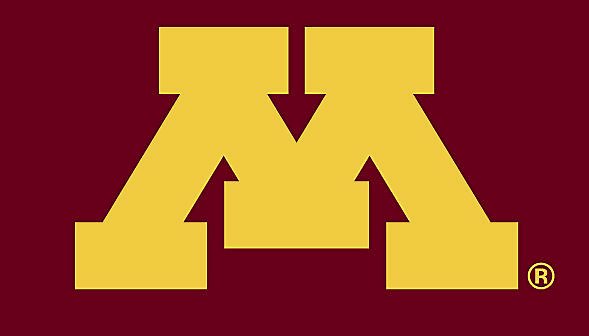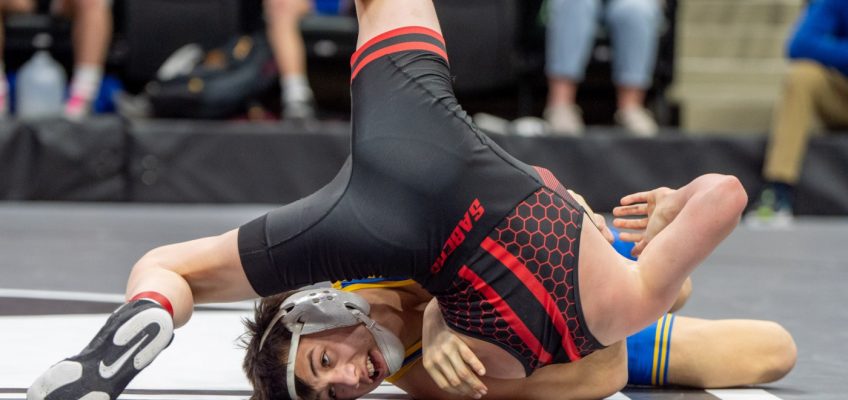The Minnesota Forestry Association, in partnership with the Minnesota Department of Natural Resources, is looking for private woodlot owners in northwestern and western Minnesota who are willing to share information about their forest lands as part of an effort to build and update the state’s forest inventory.
“We basically need a few more plots in all of western Minnesota, all the way past Crookston to Clearwater County and all the way up to Kittson County,” said Brian Huberty, president of the Minnesota Forestry Association, which is based in Grand Rapids.
The MFA, which dates back to 1876 when the organization formed to promote tree planting, is helping the DNR recruit landowners for a plot-based inventory program the agency launched in 2024.
Using Light Detection and Ranging (LiDAR) aerial imagery and pairing it with Plot-Based Inventory sites, the DNR is working to assess Minnesota’s diverse landscape. To this point, PBI efforts primarily have focused on public lands, but with nearly half of Minnesota’s forests under private ownership, expanding inventory efforts to include private woodlands will provide a more comprehensive picture of the state’s forest inventory and ecosystem, Huberty said.
“For western (and northwestern) Minnesota, there’s like five to 10 or 20 more plots needed, ideally, scattered around to improve the model,” he said. “With northeastern Minnesota, we’re basically done as far as needing more plots. They’ve already measured the state and federal lands, so that’s already been done.”
Help from private landowners ultimately benefits all forest owners, both public and private, Huberty said.
“Minnesota forests and woodlands are constantly changing and evolving,” he said. “Just like any business, accurate information on your tree species, volume, forest structure and overall forest health is critical for effective woodland management. More importantly, our forests grow for years and require careful foresight and planning.”
Understanding forest structure is critical to preventing and mitigating future wildfires such as those last year in Lahaina, Hawaii, and this year in Los Angeles, Huberty said.
“You need to understand what’s growing in your back yard,” he said. “Because, when these climate swings happen and things dry out, that nice vegetation you may have in your back yard is really the next wildfire that’s going to happen and could burn down your house.”
The challenge, Huberty says, is getting the public to understand why a forest inventory is important.
“It’s technical for a lot of people, and I don’t blame anybody, because we take our trees for granted,” he said. “We just sort of look at it as, ‘Well, it’s a woodland, the back 40,’ or whatever you want to call it. But we never quantify it. We never think about different heights and different species that grow at different rates.
“It’s not just a tree — it’s a potential source for fuel, but it’s also a source for wildlife and a source for enjoyment,” Huberty said. And it needs to be managed.
According to the DNR, private woodland owners with more than 2 acres of forest can contribute to the information-gathering effort now underway and receive high-quality forestry inventory data of their woodland at no cost.
By enrolling, selected landowners voluntarily agree to have forest inventory plot data collected by a professional forester on their land. Participants will be selected based on the geographic data needed by the program.
After signing up, landowners will be contacted to confirm details and discuss the next steps. Landowners who are selected to share their woodlot information will receive a PBI report with details about the inventory data that was collected. A more comprehensive report will be sent after the project is completed at the end of 2025.
For more information, including a link to sign up for inventory plot data collection, go to the DNR Forest Inventory website at mndnr.gov/forestry/resource-assessment/forest-inventory.html or contact the Minnesota Forestry Association at minnesotaforestry.org, by phone at 218-879-5100 or by email at info@minnesotaforestry.org.
Related Articles
Trading snowflakes for sand dunes: Your Colorado winter desert escape awaits
Skywatch: Absolute perfection
Skywatch: A stellar baby factory
The ‘3 Old Guys’ hit the trail on 4,000-mile snowmobile trek to Newfoundland and Labrador
Skywatch: Valentine sky 2025




